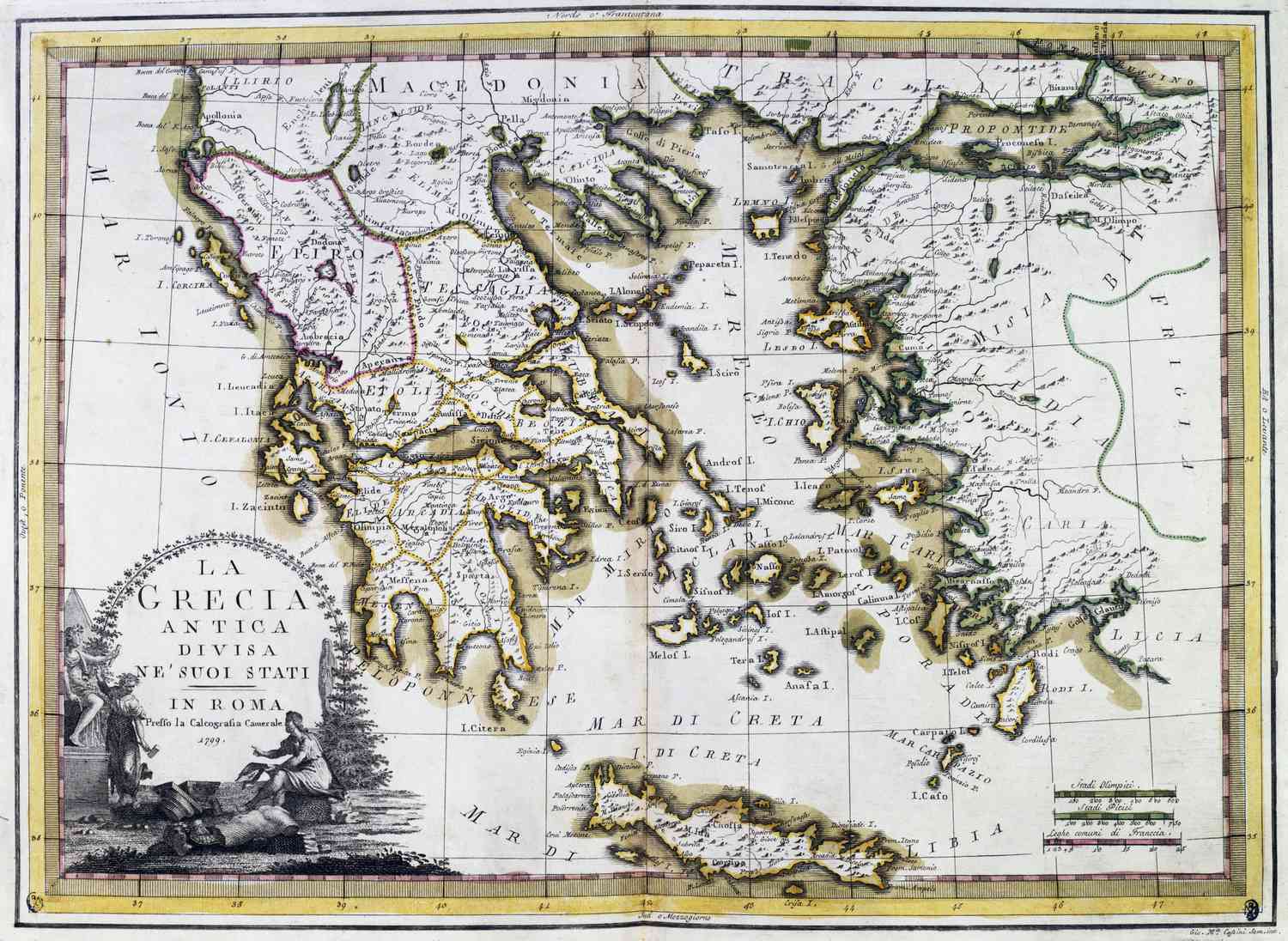The ancient civilizations of Rome and Greece have influenced modern Western culture through their contributions to art, philosophy, literature, politics, and architecture. Despite their similarities, both societies are also remarkably different. Greece’s mountainous environment prevented unity and centralization, resulting in a collection of city-states that grew into a confederation. In contrast, Rome is secured by surrounding mountains and built beside the Tiber River for important trading and transportation. Greece developed the concept of democracy, while Rome had a republic and later an empire. Greek art and architecture focused on proportion and symmetry, while Rome focused on functionality and impressiveness. Greek philosophy revolved around reason, logic, and ethics, while the Romans were interested in practical philosophy and had achievements in fields such as medicine, engineering, and astronomy.
Rome vs. Greece: Comparing Two Great Ancient Civilizations
Introduction
The ancient civilizations of Rome and Greece are revered for their significant contributions to the development of Western civilization. Both societies have influenced our modern culture in various ways, including art, philosophy, literature, politics, and architecture. However, while both civilizations are similar in some aspects, they are also remarkably different. This article will compare and contrast Rome and Greece, highlighting their similarities and differences.
Geography and Location
The geography of Greece and Rome played a significant role in shaping their societies. Greece is located in the southeastern part of Europe and is composed of many islands and peninsulas. The mountainous environment of Greece prevented unity and centralization, making it a collection of city-states that eventually grew into a confederation. In contrast, Rome is situated in Italy and is surrounded by mountains, which secured the city from the outside. Rome is also built beside the Tiber River, which allowed important trading and transportation throughout the empire.
Government and Politics
Greece is known for developing the concept of democracy, where the power was held by the citizens through voting, and leaders were chosen through popular election. In Athens, the democracy was restricted to only male citizens who were over 18 years old. In contrast, Rome is remembered for its republic and later on for its empire. The republic was based on the idea that people elected leaders to represent them in government. Eventually, this form of government gave way to the reign of emperors who had absolute power.
Art and Architecture
Neither civilization left their culture untouched by their art and architecture. The Greeks had a profound understanding of proportion and symmetry that inspired their art and architecture, which is characterized by simplicity, modularity, and beauty. The Greeks were also famous for their marble sculptures, which expressed their society’s values and beliefs. Rome, on the other hand, was more focused on functionality and impressiveness in their architecture. The most common materials they used in building were bricks and concrete. The Romans’ achievements in architecture are best represented by their aqueducts, public baths, arenas, and most notably, their monumental structures such as the Colosseum.
Philosophy and Science
Ancient Greeks such as Plato and Aristotle left many fundamental philosophical concepts that still influence the world today. Greek philosophy evolved around the ideas of reason, logic, and ethics. Influenced by the Greeks, the Romans were primarily interested in practical philosophy, which focused on life’s practical concerns, such as ethical criticism and social and political norms. In contrast, the Romans had tremendous achievements in science, particularly in fields such as medicine, engineering, and astronomy.
Conclusion
In conclusion, the similarities between Rome and Greece are striking, and their contributions to civilization are still felt today. Greece is remembered for its democracy, philosophy, and art, while Rome is known for its empire, practical philosophy, and monumental architecture. In the end, Rome and Greece’s remarkable legacies remind us that not only their accomplishments, but their faults and failures also shaped the world we live in today.
